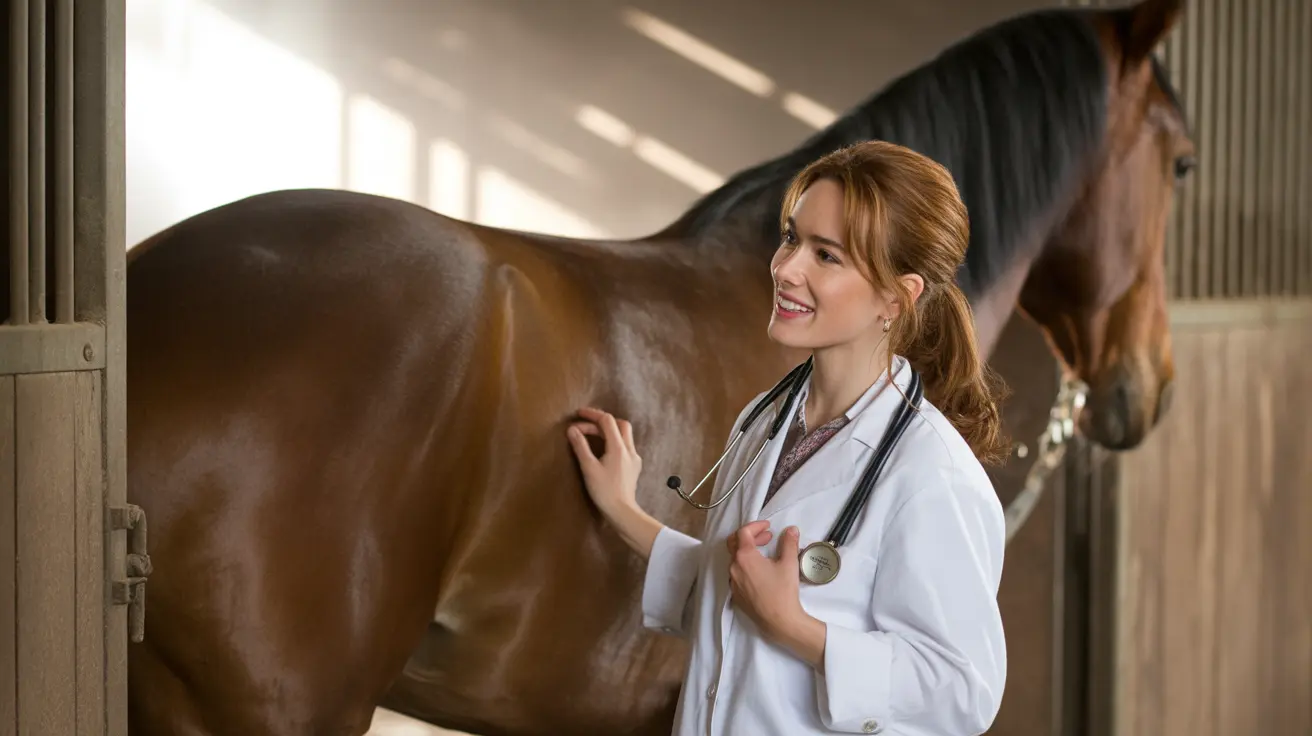Can Dogs Catch Norovirus from Humans?
Norovirus is one of the most contagious viruses affecting humans, primarily causing gastrointestinal illness. Traditionally seen as a human virus, recent research has raised the question: Can this virus jump species and infect our canine companions?
Understanding Norovirus
Norovirus is a highly contagious virus responsible for the majority of acute gastroenteritis cases worldwide. In humans, symptoms include:
- Vomiting
- Diarrhea
- Abdominal pain
- Fever (occasionally)
Transmission occurs through contaminated food or water, contact with infected individuals, exposure to contaminated surfaces, and poor hygiene. The virus is stable in the environment and resistant to many disinfectants, increasing its transmission potential.
Norovirus in Dogs: What the Research Shows
While dogs have their own species-specific noroviruses, studies suggest that dogs can sometimes become infected with human strains. Observations and data collected over the past decade point to the possibility of reverse zoonosis—human-to-animal disease transmission.
Evidence of Human-to-Dog Transmission
Several studies have detected human norovirus RNA in the feces of dogs living in homes with infected humans:
- In Finland, dogs in households with vomiting or diarrheal illness were tested. Human norovirus RNA was identified in some dogs’ stools, with mild symptoms like diarrhea in a few of them.
- A UK study found that around 13% of tested dogs had antibodies against human norovirus. This suggests exposure or previous infections, though no active viral shedding was detected at the time.
- In Thailand, a 2020 study documented an outbreak in a household where children developed norovirus. Shortly after, two pregnant dogs and several puppies showed gastrointestinal signs. Testing confirmed genetically similar strains of norovirus in both children and dogs, indicating likely human-to-dog transmission.
Clinical Signs in Dogs Infected with Norovirus
Clinical symptoms in infected dogs tend to be mild and self-limiting. Common signs include:
- Diarrhea (often watery)
- Vomiting
- Reduced appetite
- Lethargy
- Abdominal discomfort
- Dehydration
These signs overlap with those caused by other canine gastrointestinal viruses such as parvovirus or distemper. Unlike parvovirus, norovirus typically does not cause bloody vomiting or feces.
Diagnosis and Treatment
Veterinarians primarily use a process of exclusion to diagnose norovirus in dogs:
- Ruling out other common canine GI viruses
- Using PCR testing to detect human norovirus RNA in dog stool samples (rarely done outside of research)
Treatment is supportive, aimed at addressing symptoms:
- Providing fluids orally, subcutaneously, or intravenously
- Feeding bland diets like boiled chicken and rice during recovery
- Administering anti-nausea or anti-diarrheal medications only under veterinary supervision
Most dogs recover in a few days. Puppies, elderly dogs, or those with underlying health conditions may need more attentive care.
Is There a Risk of Dog-to-Human Transmission?
Currently, evidence for dog-to-human norovirus transmission is lacking. Though dogs can harbor human norovirus, they do not appear to play a significant role in its spread. However, because norovirus particles are resistant and long-lasting on surfaces including fur, it's essential to maintain good hygiene practices during outbreaks.
Preventive Measures for Pet Owners
To minimize risks of spreading norovirus between humans and dogs:
- Wash hands thoroughly after handling dog waste or cleaning up vomit
- Disinfect contaminated areas promptly
- Isolate sick pets from others, including humans and animals
- Prevent dogs from contacting potentially contaminated surfaces
- Avoid close, direct interactions with pets if you're experiencing GI symptoms
Conclusion
While norovirus infection in dogs from humans is rare, it is biologically plausible and has been documented in multiple studies. The clinical impact on dogs is generally mild, and most recover fully with basic care. Still, during human outbreaks, taking precautionary steps can protect both your family and your pets.





